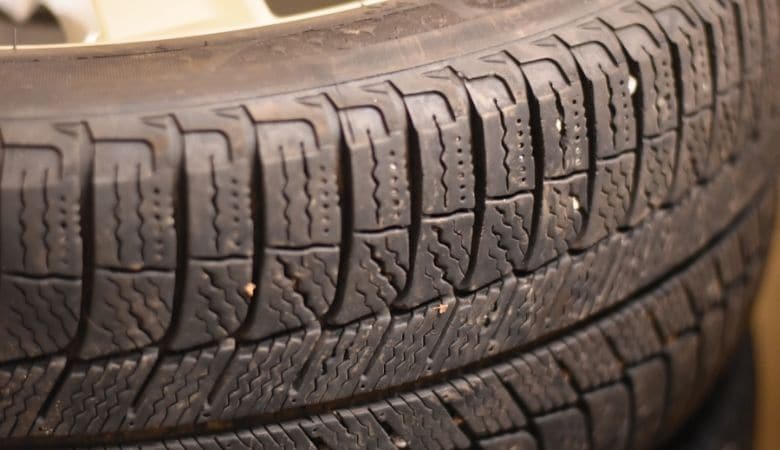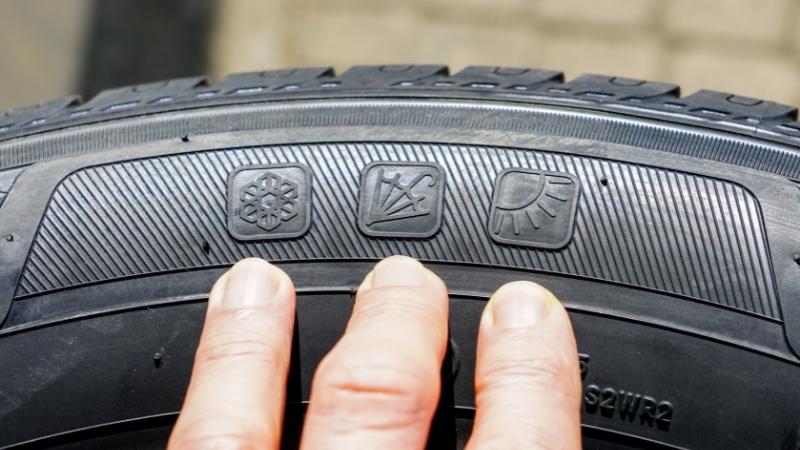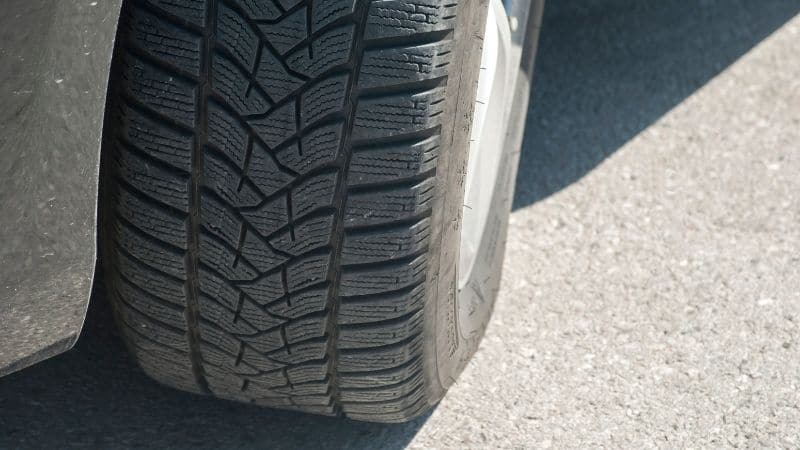Between temperature considerations, treadwear ratings, speed ratings, sizes, and a process that is further complicated by tire manufacturers offering several tire options to match your requirements, it is not so easy to determine which type of tire is best suited for your vehicle and geographical region.
All-season tires are among the most popular types of tires in the United States and many vehicles are fitted with them when they leave the factory.
But, what are all-season tires really? How do you know whether all-season tires are right for your car and geographical region?
All-season tires are designed to provide good performance and strong grip in changing weather conditions including dry, wet, and light snow conditions. All-season tires are jacks of all trades but masters of none. To provide good performance across varying weather conditions, they have to compromise on some top-level summer and winter performance capabilities.
In this article, you will discover all you need to know about all-season tires, which drivers these tires are best suited for, and why you may still need winter tires.
What Are All-Season Tires?
All-season tires perform well enough in most weather conditions, which means they can be used year-round. With that said, they offer their optimal performance during spring, summer, and fall. They are for drivers of all vehicle types who need tires suited for dry, wet, and snowy roads, as well as a quiet, smooth ride.
Up until the late 1970s, drivers had to deal with the hassle of switching between summer and winter tires as the seasons changed. Goodyear Tire & Rubber Company changed all that in 1977 when they released the first all-season tire. Customers flocked to buy the tires and other companies quickly followed suit.
Want a trip down memory lane? Check out Goodyears video commercial of the first all-season tire ever created, The Tiempo:
All-season means the tires can be for most of the year, but there are still weather conditions that will push these tires beyond their limits.
If you live in an area where the temperature regularly drops below 7 degrees Celsius (~45 degrees Fahrenheit), you may need to swap out your all-season tires during the colder months.
How All-Season Tires Compare to Winter And Summer Tires
All-season tires offer excellent year-round performance but they are not a replacement for a purpose-built winter tire. For freezing temperatures, they lack the capabilities and tread design features that help winter tires master such conditions.
The type of rubber used to manufacture all-season tires aids their versatility as all-year-round tires in most environments.
Summer tires are manufactured with hard rubber and have a wide surface area that facilitates maximum contact with the road and leads to excellent traction. Winter tires, on the other hand, are manufactured with softer rubber and other compounds that are resistant to low temperatures, which makes them perfect for slippery surfaces.
All-season tires strike a balance by using medium-hard rubber that gives them good traction during warm to hot conditions, while also maintaining their performance fairly well in snowy conditions.
All-season tires are engineered with tread patterns that repel water when you are driving in the rain, and rubber compounds that keep the tire flexible and pliable in light snow.
They are also designed to drive quietly and provide superior ride comfort and handling to meet the demands of most drivers for more tranquil rides.

They are used for nearly every type of vehicle from sedans to minivans and are offered in many sizes, load capacities, and speed ratings.
Pros of All-Season Tires
All-season tires provide many advantages and also come with certain inherent limitations that will ultimately influence your decision-making process. Below are the pros and cons of all-season tires:
1. Versatility
All-season tires offer excellent traction in most weather conditions including dry, wet, slush, and even light snow conditions. They are also available for all kinds of performance needs including all-terrain, mud-terrain, touring, highway, ribbed, ultra-high-performance, and all-purpose tires.
2. Longer Tread Life
All-season tires tend to have much better treadwear warranties than other types of tires, and some will even live up to 90,000 miles.
3. Comfort
They are built with advanced rubber compound technology and special sidewall construction that provides superior handling and a more comfortable ride.
4. Energy Efficiency
All-season tires can help you increase your gas mileage because they are built to have low rolling resistance, which leads to higher fuel economy than other tires.
5. Year-Round Availability in Moderate Climates
Perhaps the most convenient benefit of all-season tires is that you won’t have to go through the hassle of changing your tires anytime the season changes—especially if you live in a geographical location with a moderate climate.
Cons of All-Season Tires
1. Unsuitable for Harsh Weather Conditions
If you live in an area that receives frequent snowstorms dumping feet of snow, these tires won’t be able to meet your needs. The colder the weather, the more likely it is for all-season tires to lose their elasticity. They can only really perform adequately in areas that experience light snowfall.
2. Slightly Diminished Performance
They won’t provide the same amount of grip and sharp handling as a summer tire in summer and a winter tire in winter, which makes them perform worse compared to their specialized counterparts.
If you live in an area where the summer always turns out to be too hot, or the winter is always very frosty, all-season tires may not be a practical option for you.
When And Why Should You Use All-Season Tires?

You should use all-season tires if you live in a region that doesn’t experience harsh winter conditions, and where the temperature doesn’t rise above 25 degrees Celsius (77 degrees Fahrenhet) in hot weather.
Check out the post “Can You Use All-Season Tires During Winter?” to learn more about the ideal conditions for using all-season tires.
It is true that all-season tires won’t provide optimal performance in every single weather condition, but this doesn’t mean they are not worth buying since they are more durable and fuel-efficient than specialty tires that are designed to work only in the summer or winter.
They are also usually much less expensive than specialty tires. A quality all-season tire will typically cost you anywhere from $50 to about $180. You must know that the price can be much higher depending on the performance ability of the tire you are purchasing.
Hi, my name is Niklas, the head content creator & CEO of Whirling Wheelz. I am very interested in vehicles of all kinds, mainly cars. I have a car mechanics degree from high school and a big hobby of mine is to follow the WRC (World Rally Championship) both online and through travel.


